Royal Marines have been training on the beaches of Cornwall in preparation for a commemorative landing on the sands of Normandy on June 6, mirroring the historic D-Day landings of 80 years ago.
Commandos will provide a dramatic commemoration of the Normandy landings by deploying landing craft on the shores before marching together to Port-en-Bessin, one of their main objectives on D-Day.
Plymouth-based 47 Commando (Raiding Group) Royal Marines, the modern-day successor to the small boat operators of World War II, will be central to the events. Today, they use landing craft, fast raiding craft, and smaller boats to deploy troops and vehicles ashore or conduct amphibious raids.
June 6, 1944, and the subsequent Normandy campaign remain one of the proudest chapters in the Royal Marines’ 360-year history. This commemoration is a significant event for the Royal Marines, who are the UK’s specialists in amphibious operations.
Marines from 47 Commando Raiding Group have been practising in Cornwall, conducting drills on Tregantle Beach using their small Inshore Raiding Craft, which is designed for covert coastline landings. They performed ‘surf drills’ to master manoeuvring their raiding craft in challenging conditions.
“It’s a great honour and a privilege to take our modern-day Landing Craft across the English Channel and land on the D-Day beaches,” said Major Andy Atkinson of 47 Commando. “We will be coming to Normandy where we’re involved with the commemoration events. 47 Commando is one of the Commandos that landed on D-Day and we’re yomping the same route taken by our WW2 predecessors when they fought their way to Port-en Bessin, 80 years ago.”
“Along with veterans and members of the Royal Marines Association as well as locals from Normandy, we will pay tribute to the achievements of our Commando forebears.”
More than 17,600 Royal Marines were assigned to Operation Neptune, the seaborne operation of D-Day. Over the ten-week campaign, more than 430 marines made the ultimate sacrifice, with 133 killed on D-Day itself. Despite the high cost, their efforts secured success, with most commandos ashore by 9 am on June 6, reaching their initial objectives by the early hours of June 7.
Five Royal Marine Commando units (41, 45, 46, 47, and 48) assaulted the beaches alongside three Army Commando units, forming two Special Service Brigades.



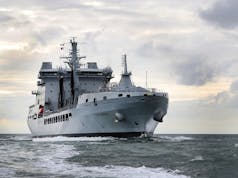
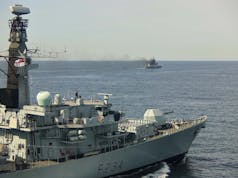
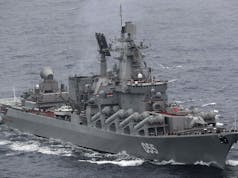
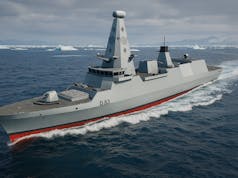

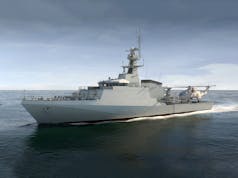

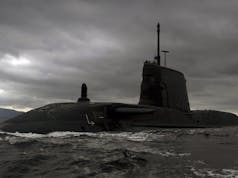
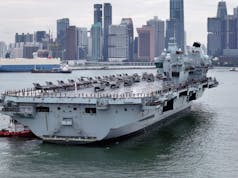
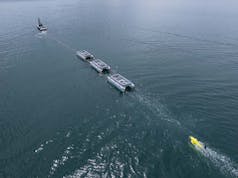

Hi folks hope all is well.
At least this part of the commemoration appears to be going well. Do we know now how many aircraft are going to be supplied for the para’s drop? I read somewhere that Shapps has now found two Atlas aircraft for the drop?
Cheers
George
/troll and flamesuit on
maybe send them to Calais?
/exit